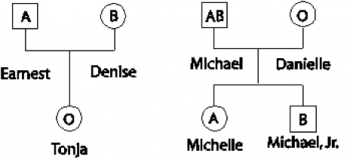Serendip is an independent site partnering with faculty at multiple colleges and universities around the world. Happy exploring!

Introducing Anne
I add a warm personal welcome to the "voice of the course," above--along w/ the invitation to find out more about me on my college homepage. Lessee, short version: I'm a Quaker in a secular culture; a 4x mom (and just this fall a 2x mother-in-law, and this spring upcoming: a GRANDMOTHER!!!) here amongst 20-somethings; a commuter from midtown Philly who lives a good deal of the time on a farm in Virginia (when I'm not living in some fictional world or another, which is where I actually spend most of my time).




